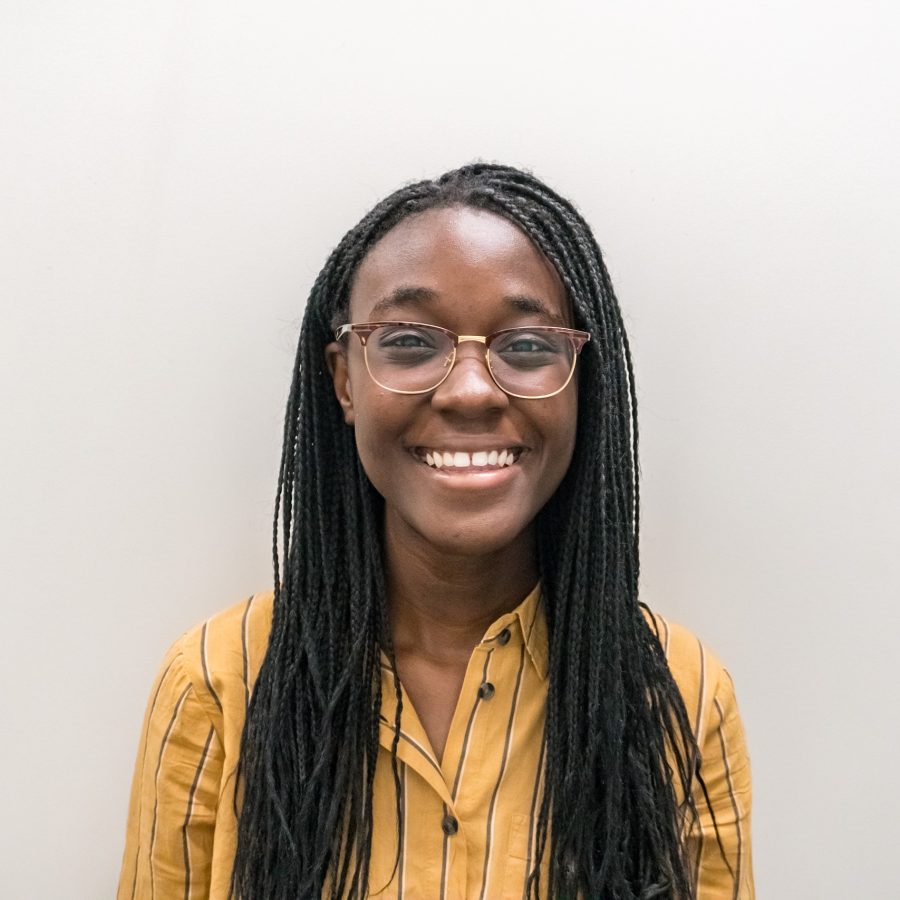The first time my parents attempted to explain racism to me, I was sitting in the backseat of my family’s old car on the way to school. I was only six years old. I only remember bits and pieces of the conversation itself, which began with some vague statements about how I might find myself feeling “different” than the other kids at times. However, I still remember the way everything felt. It is, specifically, a memory of fear. From the moment I stepped out of the car that day, I started to be aware — and terrified — of racism. But I also know that on that specific day, the only thing I remember asking my parents is if what they had just explained to me meant that my best friend, a white girl named Hannah, might be too “different” from me for us to be friends. At the time, the world of racism was as small as the friendship between Hannah and me.
Race is always really complex and difficult to discuss. It’s never as easy as “let’s all be friends,” although I’ve met many people, both people of color and white people alike, who attempt to make it that simplistic and ultimately fail. But recently, I’ve been overwhelmed by trying to decide the best way to approach how different race makes us all. I realize I am afraid of what might happen if I date a white person. I am afraid of opening up about my thoughts on racism to white people only to have my experiences invalidated. I am afraid that if I don’t open up to white people, then I am somehow failing to do my part to advance racial tolerance.
Although excusing racism is never acceptable, it is OK to befriend someone who does not fully grasp the concepts of race. This does not make you a sellout — in this case, someone willing to turn a blind eye to racial injustice to get ahead. It is also OK to decide to only have friends who are aware of race. This does not make you a crazy social justice warrior. In this world that has robbed people of color of so much, the decision of how to navigate interacting with race is one of the few choices minorities get to keep for themselves. Who to educate on race, how and when to do it — these are all intensely personal decisions. But most importantly, they are ones that you don’t have to feel guilty for, no matter your choice.
I myself often let people use me as their coach on race relations. Not because I am too afraid or a pushover, but because I’ve learned that it helps me cope. I find that the fear of racism I have is the lightest when I notice a friend start to make progress toward being more racially tolerant. It’s a way of making all these issues smaller. It’s a way of not feeling so different anymore, a feeling I’ve been searching to get back since age six. And I refuse to believe that this means I am weak or idealistic.
Editor’s Note, Dec. 4: Some sentences have been removed or modified to reflect the author’s original perspective.
Opinions expressed on the editorial pages are not necessarily those of WSN, and our publication of opinions is not an endorsement of them.
Email Sarah John at [email protected].























































































































































